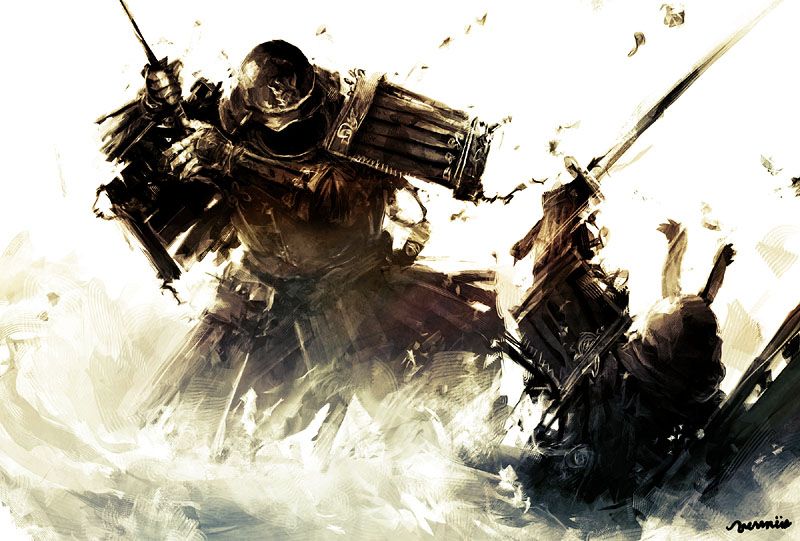
Writing is an odd profession. Writing fiction, even moreso. Most other professions have to start at one place and end at another. Linear progression of a product, from conception to design to implementation and delivery, is the baseline for most items consumed by the public. And while you certainly never pitch an unfinished or unpolished novel to an agent, the creation of what you eventually present does not necessarily need to unfold in a linear fashion.
You may think your novel’s outline is a guideline to how to write it. And, in a sense, it’s true. An outline is a powerful tool. It helps you lay out your plot, determine when and how to develop your characters, when things take a turn for the worse, who lives and who dies and who is left to pick up the pieces. It’s one of the organizational linchpins of the novel, and I for one would be lost without mine.
Just like a general would be lost without a map of the battlefield. And make no mistake, when you write a novel, you go to war.
I don’t mean writing is a horrible, traumatic experience (although it can be); what I mean is, writing is a struggle, day after day, to achieve a goal that will be fighting back against you. It may feel at times that mundane matters of the world are actually conspiring against you, from chores to dayjobs to distractions and things like needing to eat and sleep. We must choose our battles, carve our time out of the enemy lines with sweeping advances of determination, and when we finally cross no-man’s-land into that place where we can write, we have to make the most of the precious ground we’ve gained.
I hope you don’t think this means you have to follow the outline to the letter.
How often do you assault a castle by its heavily defended front gate? Canny generals find a way across the moat to a back door or sluice gate. Some lay siege. Some sow sedition into the enemy ranks. Many positions that seem unassailable do have vulnerabilities, even if it means digging a tunnel or using aircraft. So it is with writing.
If you feel like the writing time you’ve gained is going nowhere, and something you’re trying to work through is resisting your efforts, don’t give up. Try writing at another section. Write the inner monologue of a character. Write gibberish. Just keep writing. The words will come if you keep making them appear on the paper or screen.
Not every day is going to go well, and not every pocket of resistance will expose its vulnerabilities to you. That’s okay. You’re not a failure. Write around it and come back to it later. You have plenty of time, you have the words you need in your head, and you just need to clear some others out of the way so the right ones can come pouring out. If you’re struggling, come at your writing more strategically. Like a conscript in a foxhole at the base of the hill, you may not be able to see to goal, but trust me, it’s there.
Buck up, soldier. It’s an uphill slog from here.


I use outlines and notes when I approach a written piece, but as Field Marshal Helmuth Karl Bernhard Graf von Moltke once said, “No plan survives contact with the enemy.”
I just keep this in mind and do my best to adapt as the story grows.
Nice post!